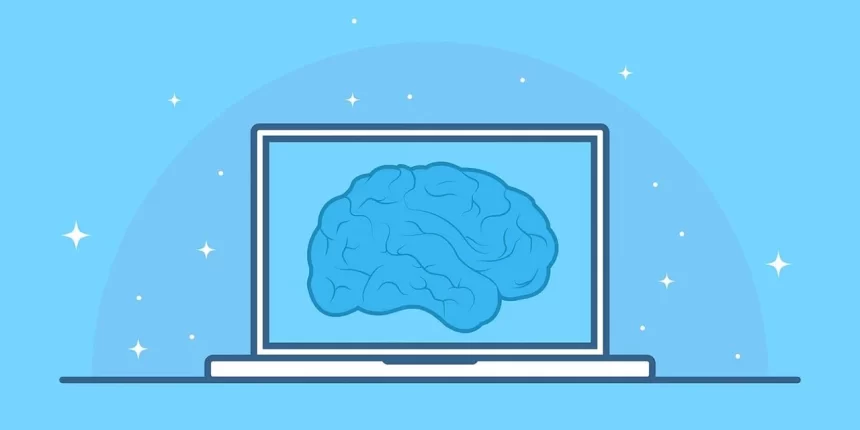Artificial Intelligence (AI) refers to human intelligence simulations of machines programmed to think like humans and imitate their behavior. The word can also refer to any computer that demonstrates human mind-related characteristics such as learning and problem-solving. The Artificial Intelligence for Beginners benchmark is the human standard concerning logic, speech, and vision. Take our brain; measuring the world around us works flawlessly and effortlessly. AI is the principle a machine can do alike. AI can be said to be the severe research imitating human aptitudes.
Levels of AI for Beginner’s
- Narrow AI: Artificial intelligence is narrow when the computer can perform a particular task better than a human one. Current AI work is available here.
- General AI: An AI reaches the general state when it can carry out any intellectual activity with the same degree of precision as a person
- Strong AI: An AI is useful in many tasks when it can defeat humans
Nowadays, AI is used in virtually all sectors, giving all businesses that incorporate AI at scale a technical advantage. AI can generate $600 trillion in retail value, offering a 50% higher cumulative value in banking than other techniques. The possible revenue improvement in transport and logistics is 89% higher.
[Also read:Best Examples of Using Artificial Intelligence]
If an organization uses AI for its marketing department, it will automate tedious and repetitive activities. It allows the sales representative to concentrate on activities such as developing relationships, cultivating leads, etc. In short, AI offers state-of-the-art technology for dealing with complex data that is difficult for a human being to manage. AI automates repetitive jobs that allow a worker to concentrate on high-level, value-added tasks. When AI implements on a scale, it results in cost savings and an increase in sales.
Goals of AI
- Build Expert Systems: Systems that show intelligent behavior, learn, demonstrate, explain, and advise their users.
- Implementing Human Intelligence in Machines: Create systems that understand, think, learn, and act like human beings.
Type of Artificial Intelligence
Artificial Intelligence for Beginners is divided into three subfields:
- Artificial intelligence
- Machine learning
- Deep learning
Machine Learning: Machine learning is the art of algorithm research that teaches from examples and experiences. Machine learning is the idea that specific trends exist in data that have been established and used for future predictions. The difference from the rules on hard coding is that the computer learns to discover these rules on its own.
Deep Learning: Deep learning is a Machine Learning sub-field. Deep learning does not mean that the machine is learning more in-depth knowledge; it means that the machine is gaining from the data using different layers. The complexity of the model indicates the number of layers within the model. In deep learning, the learning process accomplishes through a neural network. A neural network is an architecture in which the layers are stacked upside down.
AI vs. Machine Learning
Many of our smartphones, mobile computers, or even the internet use AI. Very often, big companies that want to reveal their breakthrough use AI and machine learning interchangeably. But machine learning and AI are distinct in several ways. AI is the science of the human tasks training machines.
AI for Beginner’s Syllabus
AI’s main research areas include problem-solving, reasoning, planning, understanding the natural language, computer vision, automatic programming, and machine learning. Such subjects are, of course, closely connected to each other. The knowledge obtained by studying, for example, is used both for problem-solving and reasoning. Equally, learning can gain the capacity to solve problems by itself. Often, problem-solving approaches are useful for both reasoning and planning. Furthermore, both comprehension of the natural language and computer vision can be solved using built-in pattern recognition methods.
There are many courses of AI for beginners and AI for absolute beginners. It is to note that AI is for real, and in the coming future, it will be everywhere.










